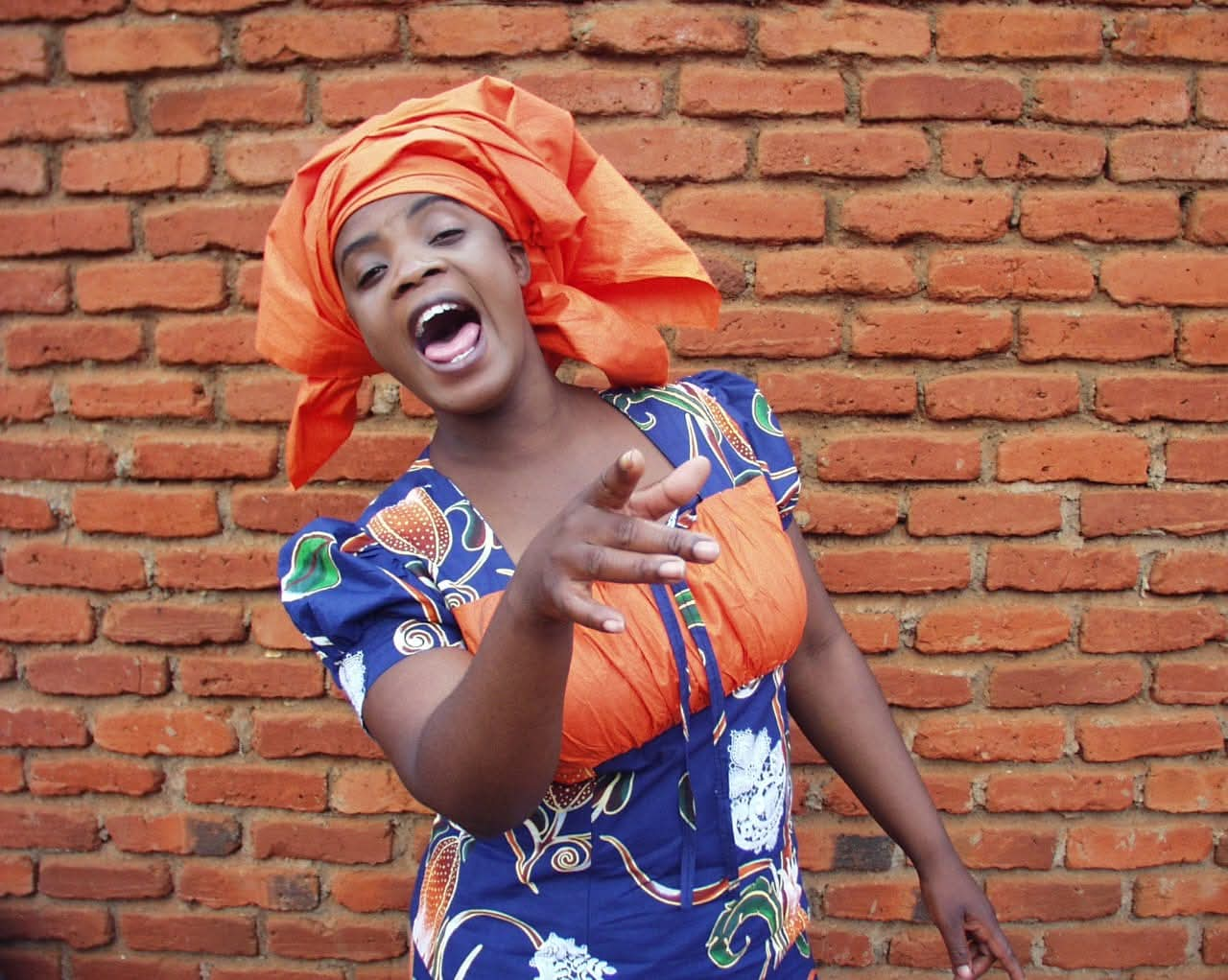By Rick Dzida
A number of Malawians were sceptical when Senior Chief Govati asked the family of the late Joyce Chitsulo to nominate an MP candidate in order to carry on her legacy.
Likewise, following the mysterious plane crash that claimed the life of Saulos Chilima, members of the United Transformation Movement (UTM) flooded social media with speculation that his widow, Mary Chilima, should assume leadership of the party.
Truth be told, I found such sentiments a bit bizarre considering that the cause of the plane crash had not been uncovered.
I wondered whether a lovely wife would be overly ambitious in taking advantage of her late husband’s position.
Luckily, eventually Mary Chilima publicly denied any bizarre political misinformation emphasising that she had no plans to replace her husband.
So it came as no surprise when Maureen Chitsulo was also thrown into the same difficult situation of taking over from her deceased mother.
Does Maureen possess the necessary skills and expertise to make a well-informed decision to continue in her late mother’s footsteps, unlike the experienced Mary Chilima?
In light of this context, this article aims to analyse the positives and negatives of Maureen’s decision to run as a shadow MP for Mwanza West Constituency.
For starters, Maureen might feel a sense of responsibility to carry on her mother’s work and vision for the community.
As a family member, Maureen has a deeper understanding of the community’s needs and concerns, having been involved in her mother’s campaign or community work.
It is highly likely that Maureen’s personal experience of losing her mother might evoke sympathy and support from the community, potentially strengthening her candidacy.
Furthermore, the media attention surrounding her mother’s funeral has provided Maureen with increased visibility, allowing her to quickly establish herself in the public eye and garner support.
As a youth, it is argued that Maureen may introduce new ideas and approaches to her mother’s established policies, potentially leading to innovative solutions for the community’s challenges.
However, despite these positives of Maureen’s acceptance to stand as a member of parliament for Mwanza West Constituency, some negatives also erupt.
It is likely that Maureen is not emotionally prepared to take on the role, given the recent loss of her mother. The grieving process can be challenging, and adding a political campaign to her plate might be overwhelming.
It Is doubtful if Maureen has the right acumen and experience for the post of MP. Unfortunately , her mother’s experience and knowledge cannot be automatically transferred to her.
It is unfortunate that voters may view her candidacy as a continuation of a political dynasty rather than a genuine representation of her own capabilities and ideas.
Young candidates like Maureen may not have the same level of connections and support networks that more experienced politicians have, which can be crucial for fundraising, endorsements, and gaining political support.
It is likely in Malawi political landscape that there may be biases against younger candidates, with some voters preferring candidates who are older and perceived as more experienced or stable.
Running a successful campaign often requires significant financial resources and organizational support. A young candidate like Maureen may struggle to secure these resources compared to more established candidates like her mother.
Maureen is not Joyce. Following in the footsteps of a well-known parent can create high expectations. The pressure to live up to her mother’s legacy may be overwhelming and could lead to burnout.
In conclusion, these positive and negative factors should be carefully considered when evaluating Maureen’s potential candidacy for MP, as they could significantly impact her campaign and effectiveness in office.




